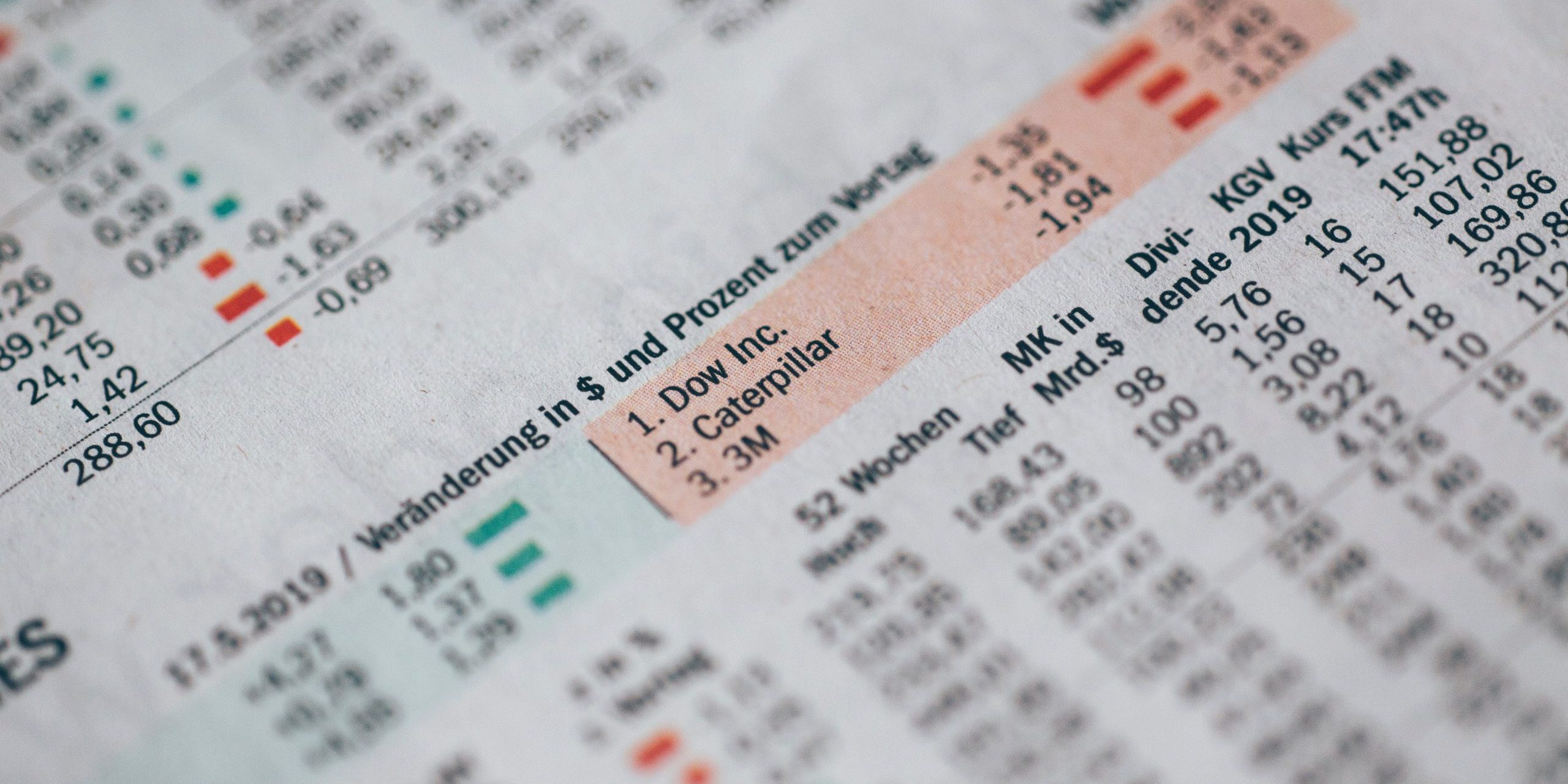The UK economy has taken what looks to be the first, tentative step toward the worst recession of the last 300 years.
First-quarter figures report a slump unseen since the financial crash of 2008. Despite experts confidently describing the collapse of Lehman Brothers as an event we would never witness again in our lifetimes, the unprecedented effect of Covid-19 is set to surpass this with relative ease.
The bad news is that these early indicators are just the start.
To put into perspective just how devastating Covid-19 has been to the UK economy, the GDP contracted by 5.8% in March alone. This is perilously close to the figure for the entirety of the ’08/09 recession figures.
All records have been smashed thanks to the 2-week restrictions placed upon domestic products. Services, construction and manufacturing were all hit hard and it is widely-accepted that there is more to come.
Figures published by the Office for National Statistics show that output has decreased by almost 25% since lockdown began. If that isn’t sobering enough, the GDP officially decreased by 2% in Q1, with the BoE warning that far, far worse is to come.
The best-case scenario at present, is that the government implement the gradual easing of lockdown through their 5-step system. If this were to be implemented with a 100% success rate, the GDP is still expected to further sink by 25% for Q2 with an overall contraction of 14% for 2020. These harrowing figures make for the worst financial landscape that anyone living today has ever seen. To finding anything on par, we must go back as far as the Great Frost…in 1709.
Add to this the fact that the UK’s pre-Covid economy was already in turmoil thanks in large part to Brexit and the outlook is bleak. That being said, there is still hope for the economy.
The good news is that the length of this recession really depends on how we as a nation (and as a planet) react to contain the virus and implement measures to circumnavigate the challenges it poses to working life.
It would appear that we have reached the deepest point of the economic trough, but we must now avoid the much-maligned second wave. If easing measures are unsuccessful, we may be forced into a second lockdown and consequently, suffer a far worse economic fate.
It is a careful balancing act for the UK government who must resist the urge to risk everything for a rapid bounce back in favour of a more long-term strategy.






